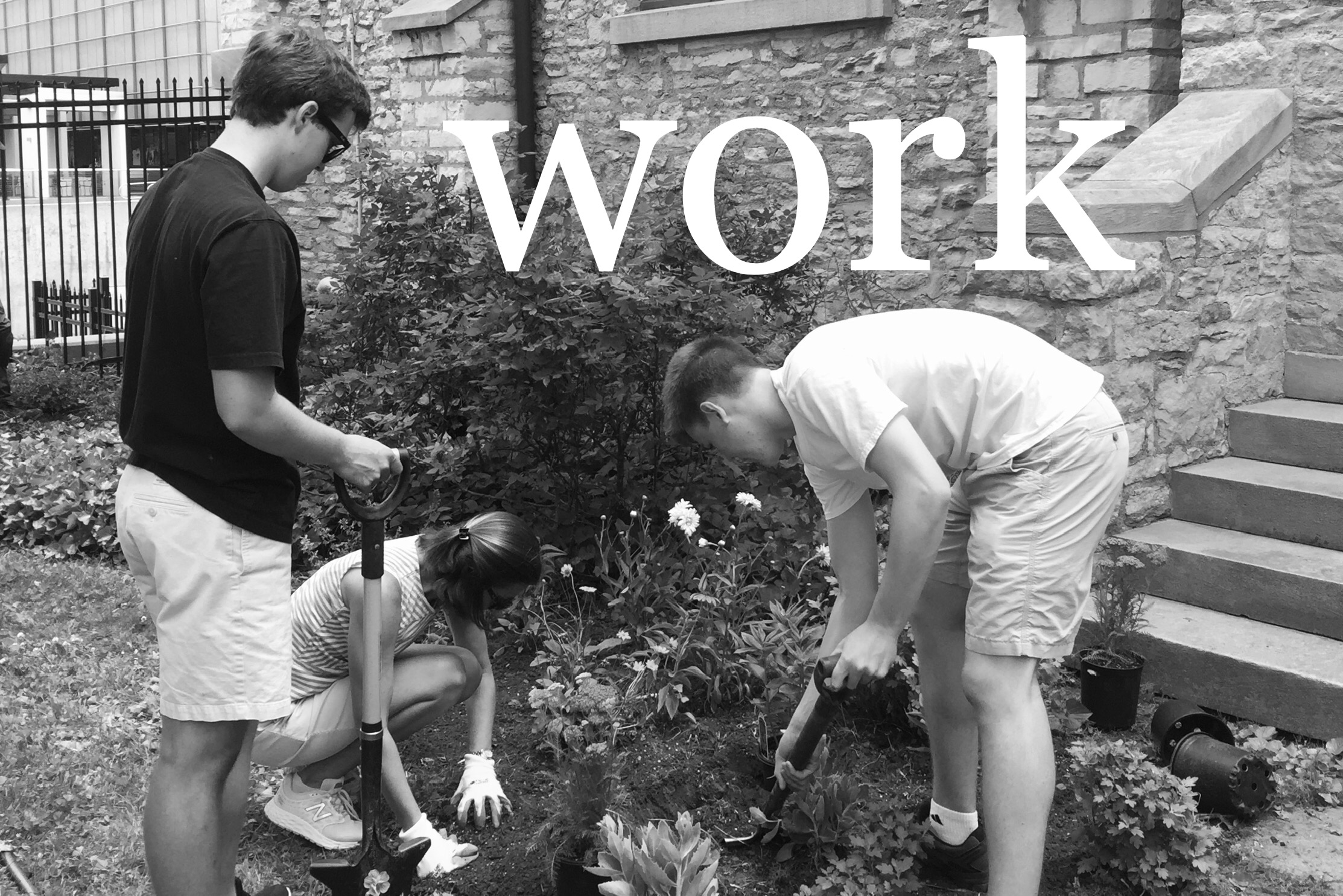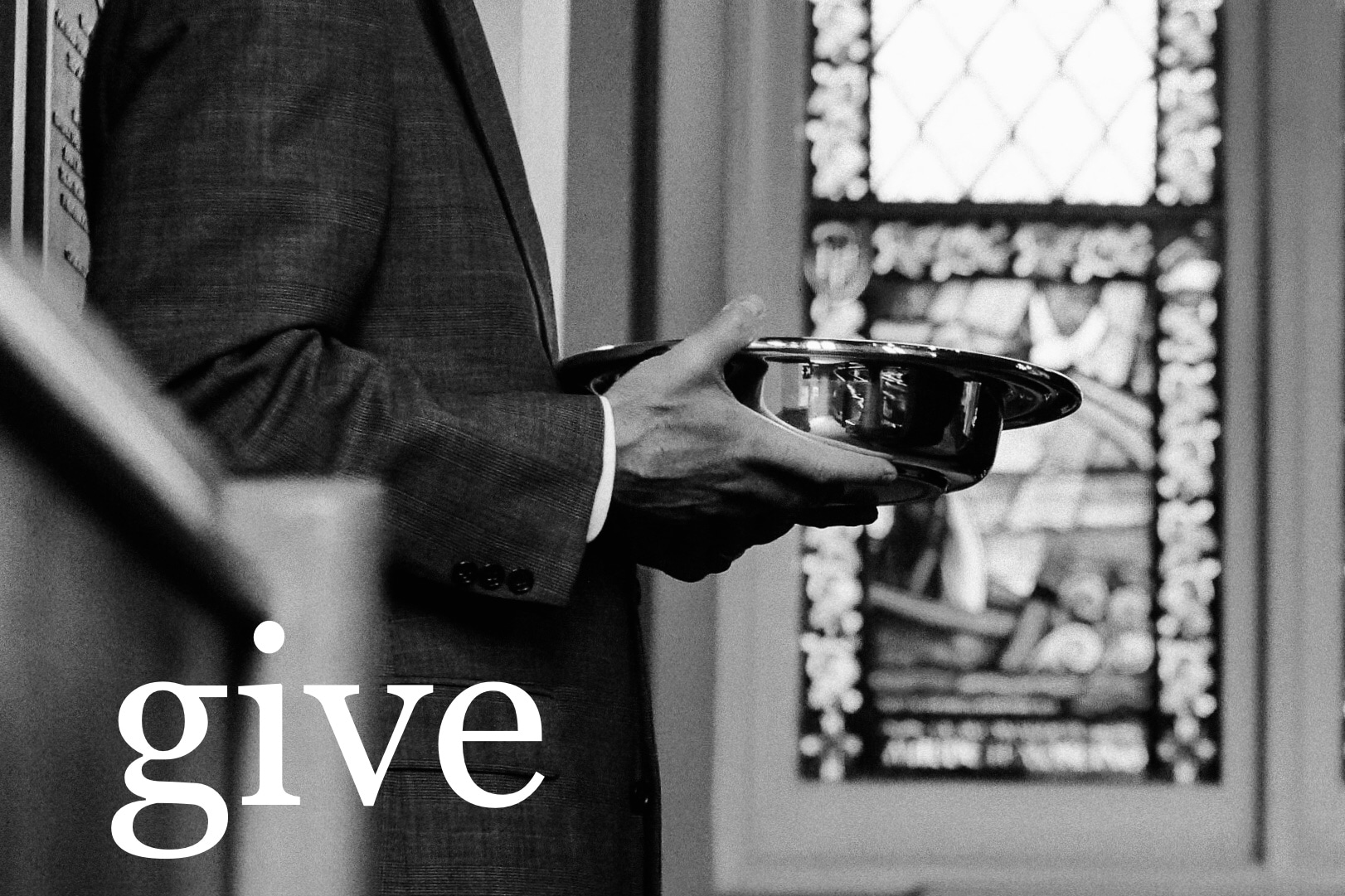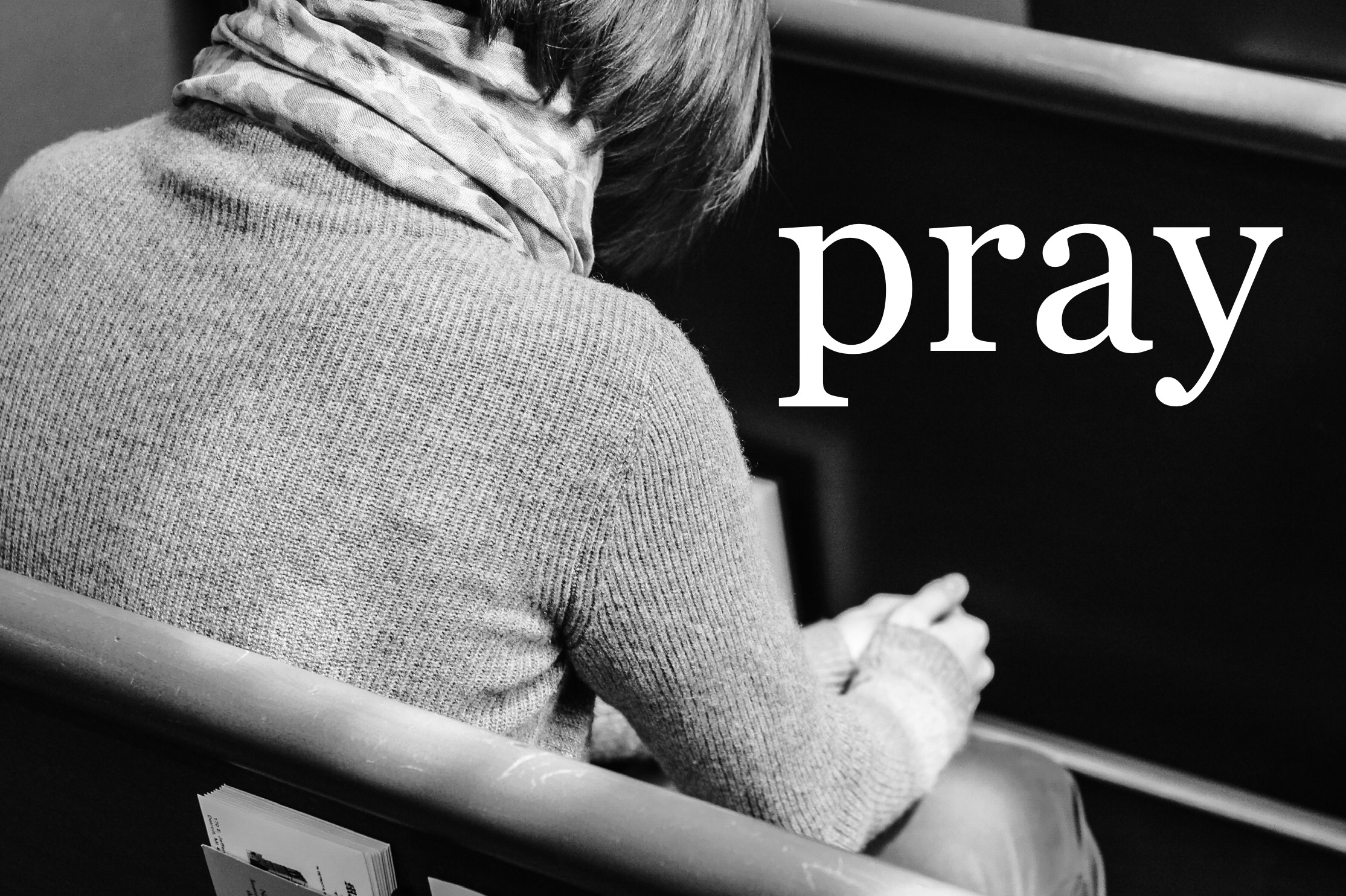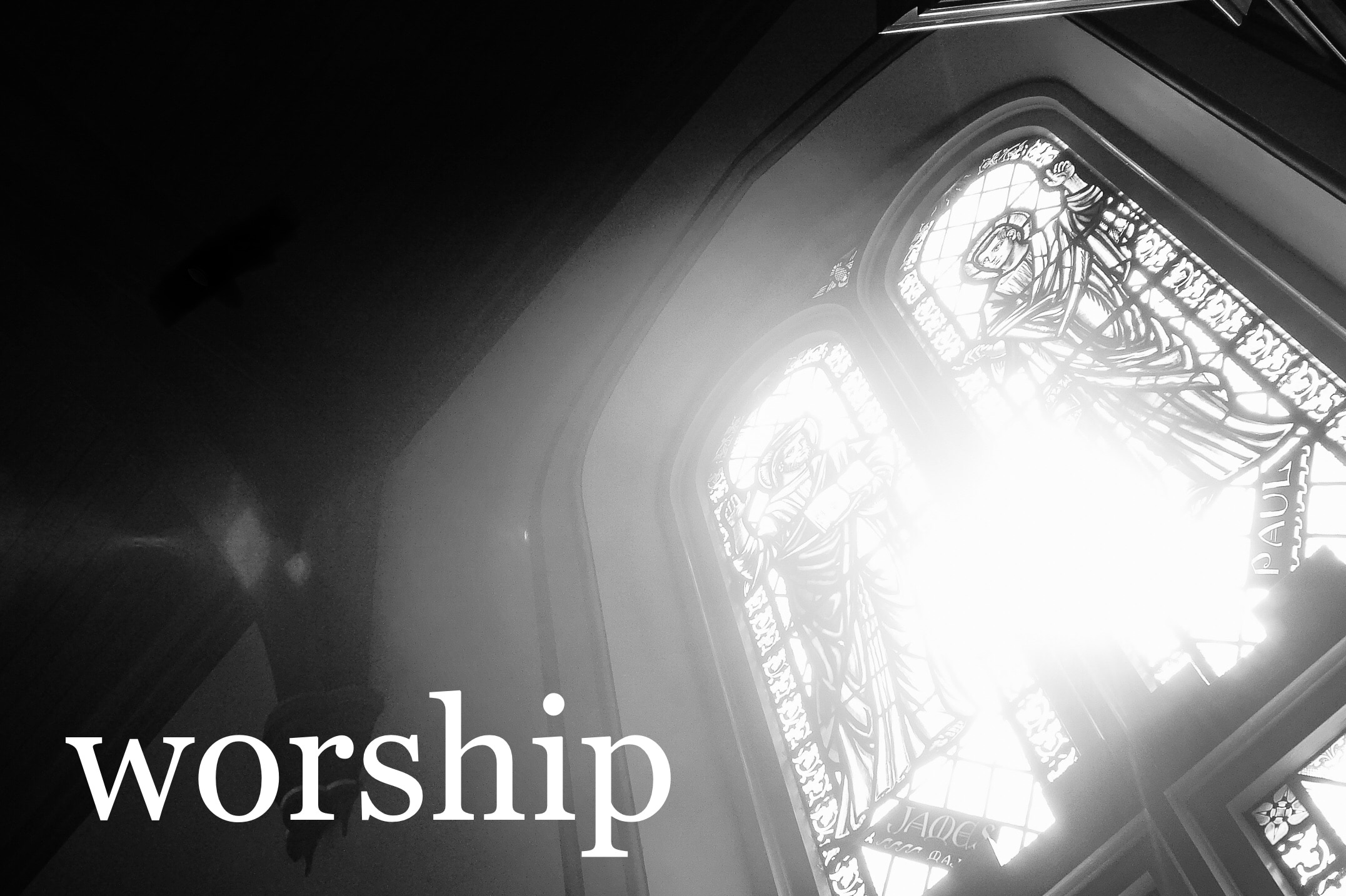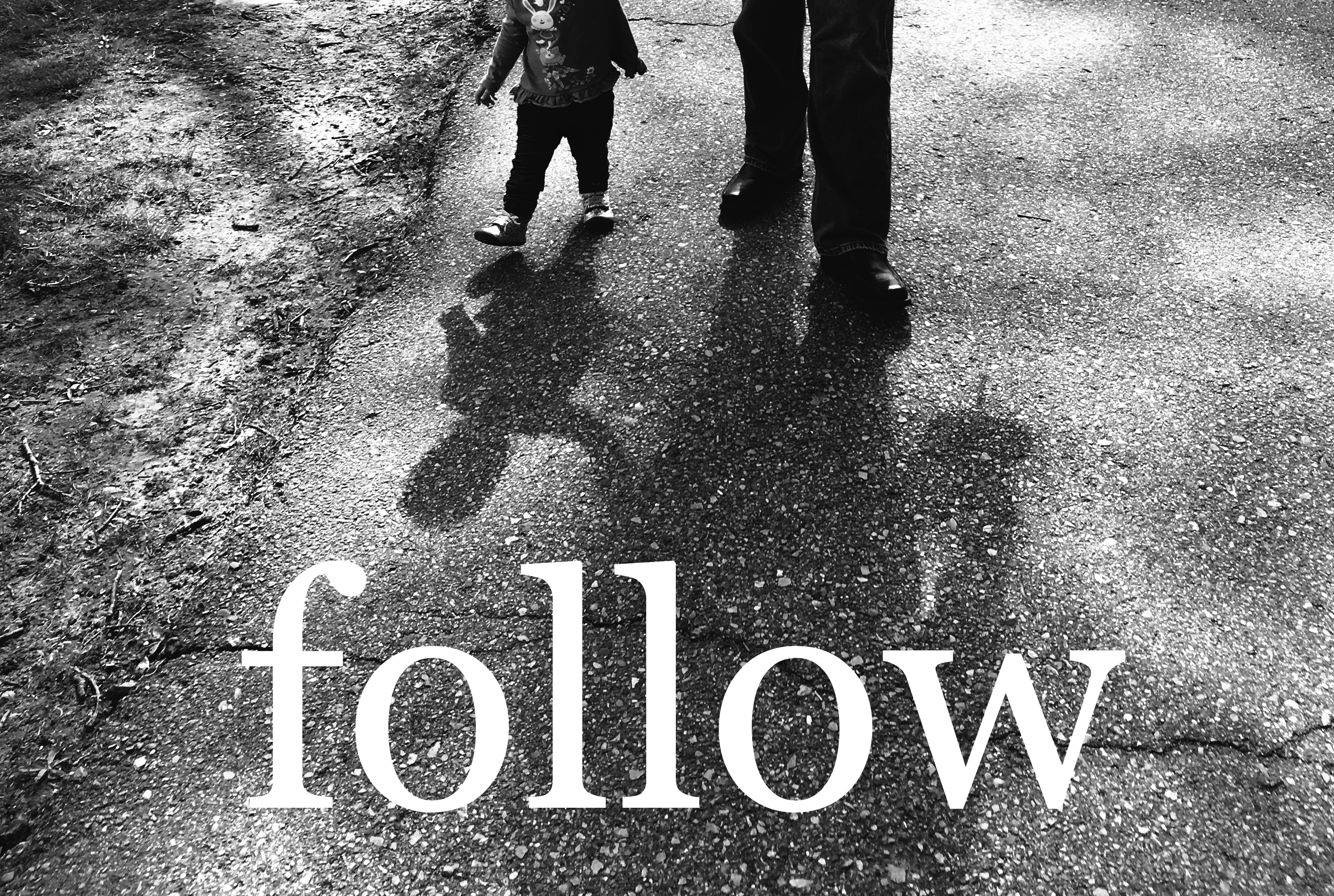The Ancient Paths: Work
This past Sunday we covered the third of our “ancient paths,” work. The Book of Common Prayer lets us know on page 291 that part of our bounden duty as members of the Church is to “work and pray and give for the spread of [God’s] kingdom.”
The Epistle that we read on Sunday from St. James instructs us to be “doers of the word” and “a doer of the work.” This parallelism reminds us of an important truth about the Bible: it is a bit more like a screenplay than a novel, it is a bit more like a script than a work of history. It is meant to be enacted and performed in the life of the Church as our life together is shaped and formed by living into the vision and template it shows us. We are reminded later in James that, “faith without works is dead.” (James 2:20) Faith is a beginning of our journey as Christians, not the ending! We are called into the ministry of being co-laborers with Christ, empowered by the Holy Spirit, laboring to bring forth the Lord’s harvest (Luke 10). This work we are called to share in is joyful. Contrary to modern notions of “progress,” in which human beings work slavishly towards a future of our own making, the weight of the world on our shoulders, Christians are called to participate in a work begun by the One whose “yoke is easy and burden is light.” Though we labor, it is God “from whom all good things do come.” (Collect for Easter V, Rogation Sunday) The natural labor of agriculture, that the Rogation Days pertain to, is an instructive metaphor for our supernatural labor. The “good things” are not of our own making, but we are called to help bring them forth, by God’s grace.
The three Rogation Days we are currently commemorating are days we ask God to bless the cultivation of crops. This reminds us of a rich metaphor for Christian work, that just as farmers work to cultivate the earth which brings forth its bounty, it is precisely that, a work of cultivation, farmers are helping it grow. In the end, it is God who gives us the good gifts of the earth. And so even in our work, we know that though we work, while we work, it is God who in the end gives us all good things in our work. And so our work is filled with joyful anticipation because we know that our efforts will be enabled by his grace, multiplied by his empowerment, and bear fruit in eternity.
On Sunday, we highlighted three places we work, and three things we can do to work for the spread of God’s kingdom:
Where We Work:
- The Church: This can mean anything from ushering to the garden club; Sunday School to social hour.
- Our Homes: This one might come as a bit of a surprise, but our homes are extensions of the Church. The Bible calls the church “the household of God,” and similarly, as St. John Chrysostom points out, every Christian home is a little Church. The liturgies that we participate in in church extend into the home, the table of the Lord, filled with the bounty of his grace, gives us a rich vision for domestic life together.
- God’s World: participating in God’s work in the renewal of all things. This includes outreach and building relationships in the community, works of social justice and entrepreneurship, works of serving the poor and conserving our environment and natural resources.
How we can work:
- Service: Jesus said of himself, “The Son of Man came not to be served, but to serve.” And so the Church, his body, is, by extension, to be a servant community, both to each other, within the body, and bringing life to the world.
- Hospitality: The ultimate act of hospitality was when Jesus Christ nourished his disciples with his own body and blood, in bread and wine, at the last supper, and as he continues to do at every Holy Communion. We are invited to extend this hospitality to others, in our own homes, welcoming others to our fellowship at home, even as we gather at Church.
- Evangelism: St. Paul said to his young protégé, St. Timothy, “Do the work of an evangelist.” (2 Tim. 4:5) Evangelism simply means “sharing the good news” of the Gospel of Jesus. Sharing our faith might be something that makes us a bit uncomfortable, but it’s something we’re called to do. It doesn’t need to be weird, or an attempt to argue someone into believing, it can be as simple as inviting someone to something other than a church service, like Theology on Tap, or the upcoming lecture on The Bible in the DIA.
Contrary to what we may think, many in our culture have not heard the Gospel presented to them in its truth, goodness, and beauty. Many that have rejected the Gospel don’t really know what they’re rejecting, because they’ve never actually heard it, only distortions of it. I read an article recently by Roman Catholic Bishop Robert Barron, about the “evangelism of beauty.” We don’t need to win people over with persuasive logical arguments. Often, what is more winsome is the allure of the deep beauty of our faith, and at Mariners’ Church, we are very fortunate to experience the beauty that the Anglican tradition includes in its worship every week. This place, of all places, is somewhere that the ready and open heart can be drawn to God, because as they experience the beauty of this place, they can begin to see God. As Jesus said to his apostles, “The harvest truly is great, but the labourers are few: pray ye therefore the Lord of the harvest, that he would send forth labourers into his harvest.” (Luke 10:3) O, that we would see what a great harvest is around us, that we would pray the Lord to send out laborers into the harvest, that we would be laborers sent out into the harvest!
And as we labor, as we work, we will find ourselves closer to Christ than we would without doing it, because as we work we do so as co-laborers with Christ, right at his side, and as he promised, if we abide in him, we shall bring forth much fruit. We will, in the words of the “General Thanksgiving,” “show forth [God’s] praise, not only with our lips, but in our lives.”
Questions for Reflection:
- What are some ways you could work for the spread of the kingdom, in the church and the world, that you aren’t currently doing?
- What special talents do you have that you could use in service to the church and the world? What type of work would bring you joy?
- What are some things that hold you back from sharing your faith with others? Who are three people you could share the gospel with or invite to church or an event at Mariners’? Consider what you could say to them what you think would help draw them.
Our sermon series The Ancient Paths continues this Sunday, June 2! Join us at either our 8:30 or 11 a.m. service. Our theme will be “Pray”. Complimentary parking is available for all services in the Ford Underground Garage. For information on planning your visit to Mariners’ Church, click here. See you soon!

